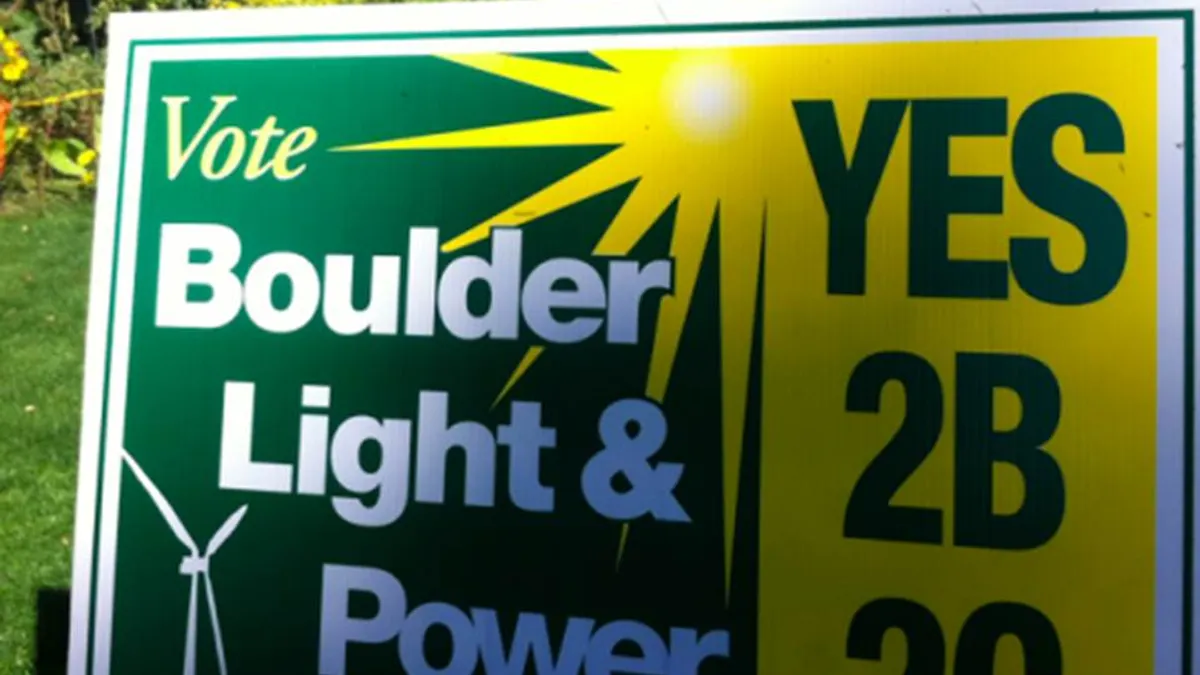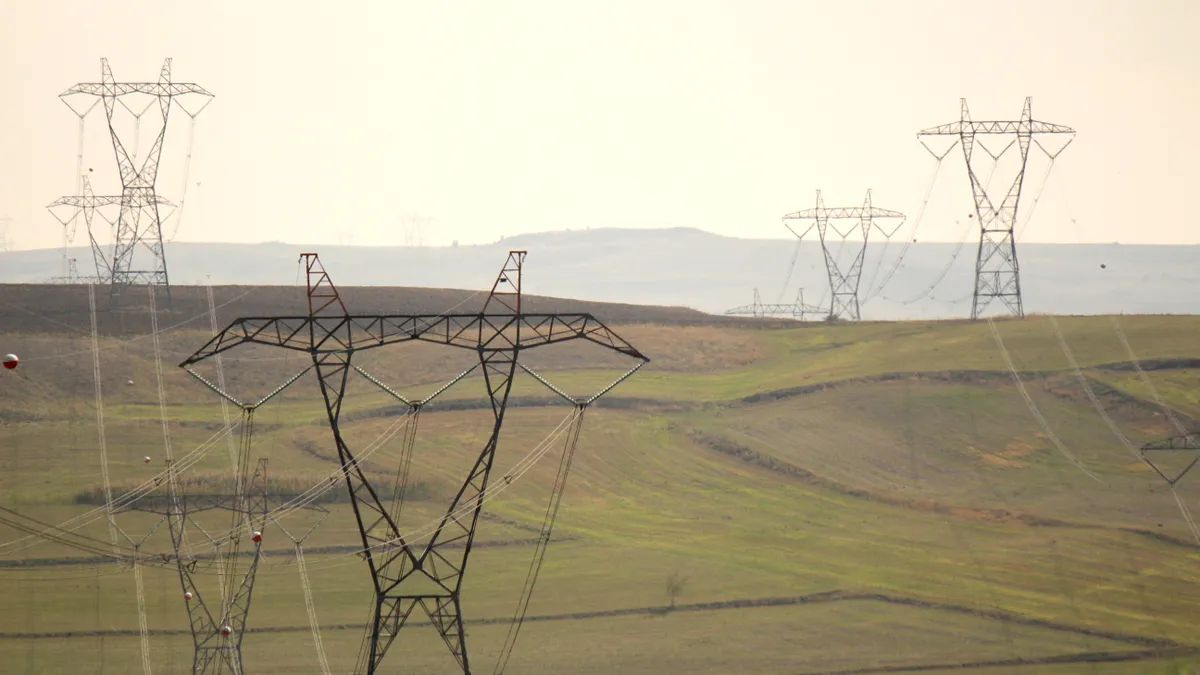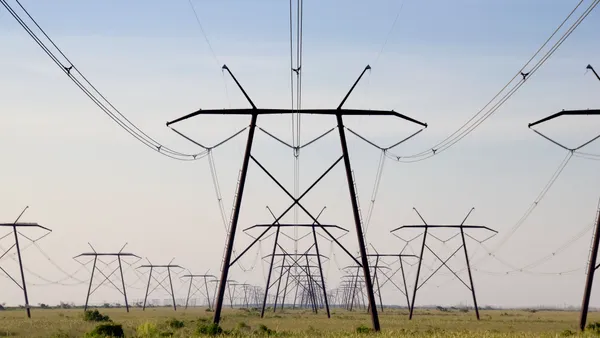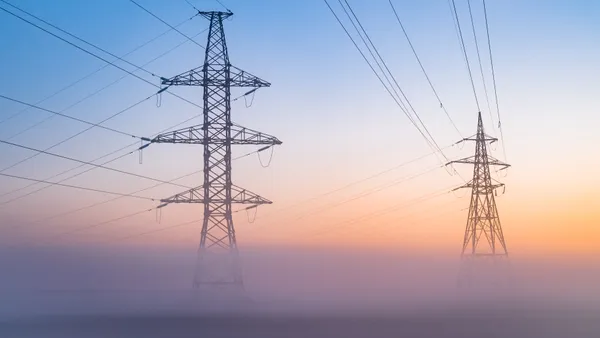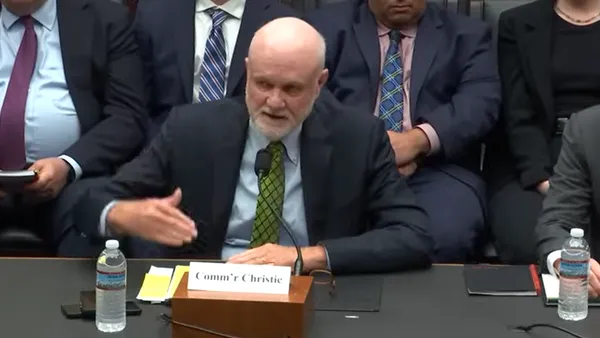Dive Brief:
- The Colorado Public Utility Commission last week allowed five additional interveners to join the proceeding examining the city of Boulder's bid to form a municipal utility by taking over portions of Xcel Energy's service territory.
- A longer intervener list — now standing at nine — could mean a lengthier process, but observers say they don't anticipate the case to wrap up until 2017 anyway.
- Even if Boulder successfully takes over Xcel's grid and forms its own municipal utility, the city is still asking the traditional supplier to provide it with electricity for five years until it can develop strategies for its own, cleaner fuel mix.
Dive Insight:
The Colorado Statesman reports the PUC's decision was largely procedural, but also that there was some minor concern that substantially expanding the intervener list could delay the process.
Colorado regulators expanded the list from four to nine. Interveners now include: the city; Xcel Energy; Colorado Office of Consumer Counsel; PUC staff; Boulder Chamber of Commerce; University of Colorado; IBM; Climax Molybdenum Co.; and a group of residents who want Boulder County left out of the municipalization.
Boulder, seeking a cleaner energy supply, has been working to form its own utility and take over infrastructure currently owned by Xcel Energy. But the process is a long one, and a PUC spokesman told the Statesman the regulatory process will probably wrap up next summer with court proceedings examining asset acquisition likely complete in 2017.
The local opposition group, Leave Boulder County Out, includes residents who say they were not consulted on the municipalization plan and believe Xcel can continue to provide power more cheaply and reliably. With Xcel Energy opposed to the muni plan, The Statesman raised the specter that the grass-roots organization could be backed by the utility.
"In the age of a million fake grassroots political organizations, observers are wary," the paper writes. "Xcel has been deeply opposed to municipalization and has been caught in the past appearing at least to have coordinated with local groups behind the scenes to foment opposition."
In order to smooth the transition, Boulder has asked Xcel to continue supplying power for at least five years beginning in 2018. The city is anticipating a growth rate of 0.56% in peak demand compared with the state average of 0.83% growth. Boulder believes the lower growth is possibly due to the city's relatively flat load profile, as well as local investments in energy efficiency and distributed generation.



